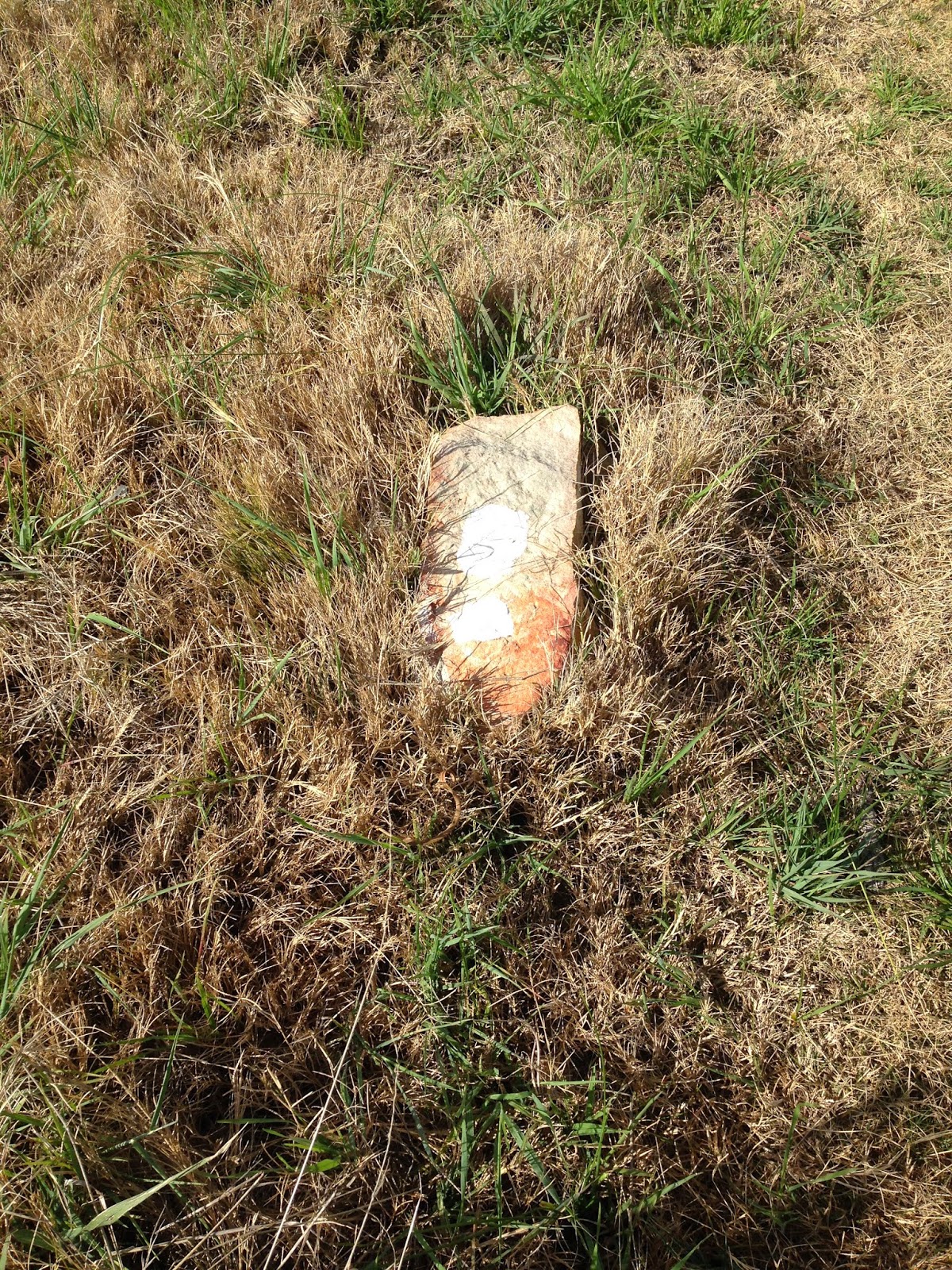Saint du Barry's name originates from the St Bernard rescuers, particularly one famous Barry, the story of whom is on the wall in our dining room. Our guest house has been home to many animals, all affectionately remembered, and perhaps one day all their stories might be told.
Currently, we have three dogs, none of whom were planned as pets, but all were chosen at their own appointed time.
The longest-standing one, ButterBean, whose colour and shape are good clues to her name, was found at the Spur in Piketberg. We had stopped there three times in quick succession, and Joan noticed her apparent homelessness, and suggested we take her. The staff who had been looking after her, all came to greet, as we took her home. Her genes have given her short legs and a long, chubby body, and thus, mechanically, she is not a quick machine. She still knows how to gaze at anyone who is eating what she would like.
Jack is a this year dog, a Belgian shepherd who was found at the informal settlement in Hout Bay in Cape Town by an organisation called Pavement Specials. No-one knows how he came to be there. He is an intensely loyal dog, whose innate sense of orderliness is severely disturbed when we move tables, the stove and other furniture. He's old, with plenty of grey on his snout, but he's strong, and is always ready for a walk. We refer to Saint du Barrys as his retirement home.
Shona would have died the day we decided to rather let her live. Joan had been feeding dogs who had a place, but were not being looked after. The mother was wandering around town looking for food, and Joan tracked her down. There were puppies, and while Joan fed the adult dogs, the puppies disappeared one by one, and the story that was given as explanation was never clear. One puppy was particularly forward, and when I looked for her one morning, and found her lying listlessly, I picked her up, and realised that she would die. Her energy was falling away, fast. It was a Tuesday, though, and on Tuesdays the vet arrives at eleven o' clock, so all it took was three medications, and within the hour she was perking up. She has stayed with us since, has made friends with Jack, and the two of them play rumbustiously. She likes to be in water and trouble.
I have often thought about the fact that dogs have distinct personalities. As do cats, but that's another subject.
We have four cats, but I have to stop at this point because I'm actually not allowed to talk about one of them. That's an interesting story which will have to wait for some time.
















































